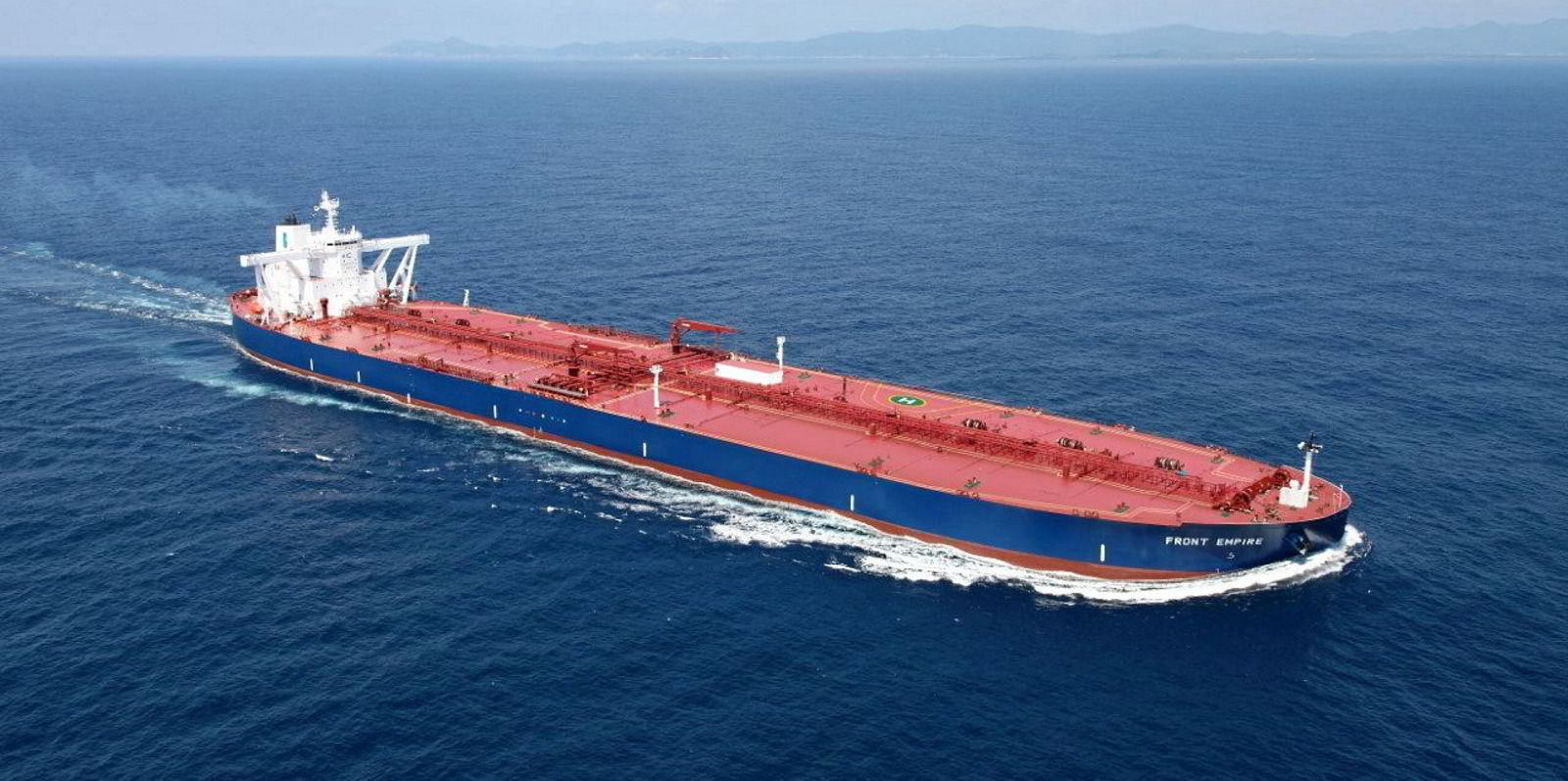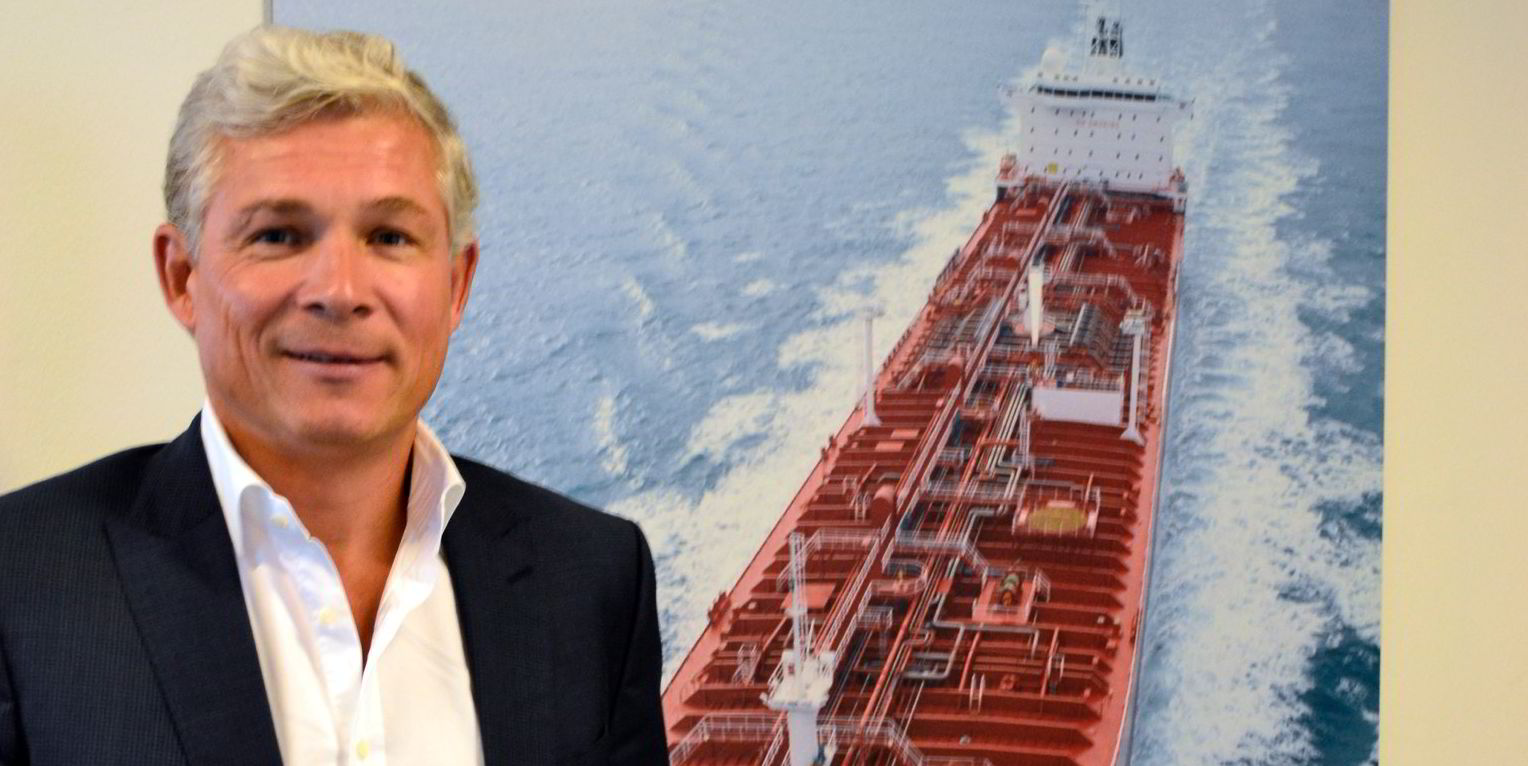Crude and product tanker companies have been leading the charge after another “excellent” week for shipping share prices, analysts said.
Clarksons Platou Securities said companies such as Frontline and Hafnia have revealed bookings at higher-than-expected “elevated” rates for vessels in the second quarter, with strong signals of “substantial” dividends to come later this year.
John Fredriksen’s Frontline, which continues to work on a merger with Euronav, saw its share price rise 20% week-on-week, closing at $11.43 in New York on Friday.
Frontline has just bought another 2.95% of Euronav’s shares by issuing Frontline stock to certain Euronav shareholders.
With the Saverys shipping family opposing the merger and owning nearly 20% of Euronav, such a transaction could be halted if 25% of shareholders vote against it.
But Frontline has suggested that, although a merger is the ultimate goal, a voluntary exchange offer for Euronav with a minimum acceptance rate of 50.1% could be the first step.
“Frontline would effectively gain control of Euronav, potentially forcing it to coexist with minority shareholders unless a 75% majority is obtained for a full business combination,” Clarksons Platou analysts Frode Morkedal and Even Kolsgaard said.
Meanwhile, Clarksons Platou is projecting an annualised dividend yield potential of more than 20% for the second quarter at BW Group-owned product tanker player Hafnia.
“Despite a big year-to-date rise in tanker stocks, up 50% for crude tankers and 85% for product tankers, both sectors trade below net asset values (NAVs), which we believe offers significant upside potential,” said Morkedal and Kolsgaard.
Product tanker rates to drop back
The investment bank is predicting 2023 MR tanker earnings of $20,000 per day, significantly lower than the $40,000-plus levels seen in the spot market today.
But because of the low share price to earnings ratio, even if MR rates do sink back, share prices could potentially double from here, the analysts believe.
All shipping sectors have seen gains over the past week.
Port congestion is decreasing in the dry bulk and container sectors, although this may be a transitory effect, since the end of Chinese lockdowns is expected to add critical support during the summer, the analysts said.
But they argue that container ship value assessments have been reduced for the first time in a long time, indicating that the market is indeed cooling.
Clarksons Platou reiterated however its strong belief in shipping equities over the coming years.
This is based on a very low newbuild orderbook for most segments, as well as new carbon regulations beginning in 2023 that will result in slower sailing speeds, Morkedal and Kolsgaard said.
Strong commodity prices will also be good for shipping in general, as they should lead to increased production and export volumes, they added.






